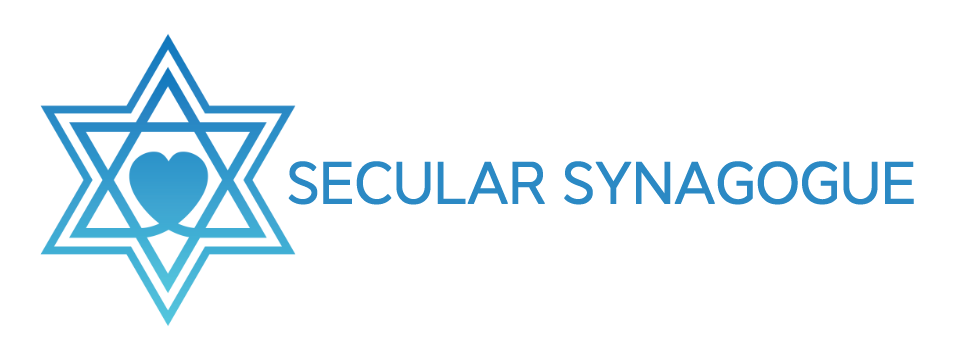#metoo is a Jewish issue
I don’t know about you, but I couldn’t stomach watching or listening to the Kavanaugh hearings. We’ve been down this road too many times: powerful man has been able to outrun his aggressions against women; women who come forward are subject to scrutiny and badgering. It remains far too easy for people (often men) in power to harm people (often women) with less power and get away with it for too long. If you are uncomfortable reading these words, I’m going to invite you to consider why that is. Do you naturally go to a place of “#notallmen” or “innocent until proven guilty”? Of course not all men. Of course people are, legally speaking, innocent until proven guilty. But our tendency as individuals and as a society is to immediately consider the plight of the abuser, not the abused; the harasser, not the harassed. This needs to change.
Here’s another thought exercise. I run this one with high school students quite often:
If you hear someone tell a racist or sexist joke, you have a choice to make: laugh to go along with it, speak up and tell the person that you are offended, say nothing. Most people, frankly, say nothing. Why? Well, some people have had the experience of speaking up. If you say to the joke-teller “that kind of joke is offensive to me. It hurts people to perpetuate those stereotypes or use that language,” what will their response be? We know intuitively that the joke-teller will not say: “So sorry to have caused offense. I apologize. I will consider my own biases that led me to tell such a joke.” Of course that will not be the response. The response is that the person who spoke up gets called names: too sensitive, no sense of humour, a killjoy, and, the f-word, “feminist.”
Notice the dynamic: the joke-teller feels so entitled to tell the joke that someone who objects is in the wrong. And the accusations at the one who objects are hurled by the original joke-teller and, importantly, the bystanders/others all around.
It is not safe to speak out in our world. So much the more so if you are a woman (including and especially trans/non-binary women). Now not only are you subject to the “you’re too sensitive” stuff, but also the sexist stuff: “you were asking for it; you were flirting; a guy can’t say anything without getting accused these days” and a host of other words women and girls get called that I won’t name here.
We KNOW these are the dynamics. Yet we are often still, so powerfully conditioned to think in this way, on the side of the harasser/abuser. In this, the era of #metoo, we have an opportunity to make real change.
Here’s how Judaism is part of the problem and can be part of the solution: One doesn’t have to scratch very far under the surface of our texts and traditions to see that we, as a culture, have condoned violence against women. However, Jewish groups today are mobilizing to use the teachings of our tradition, ideas like “Shalom Bayit” - Peace in the Home, or “Tikkun Olam” - repairing the world, to advocate for the end to harassment, assault, and abuse. This is up to all of us.
Today is Simchat Torah - the day Jews conclude and start anew the reading of the Torah cycle. We start with Genesis, first woman, the first relationship between a man and a woman, and lots more to do with the establishment of patriarchy. Our job is to read old texts with new perspectives and to use them, as well as contemporary articles and thinking, to help make the future fairer.
